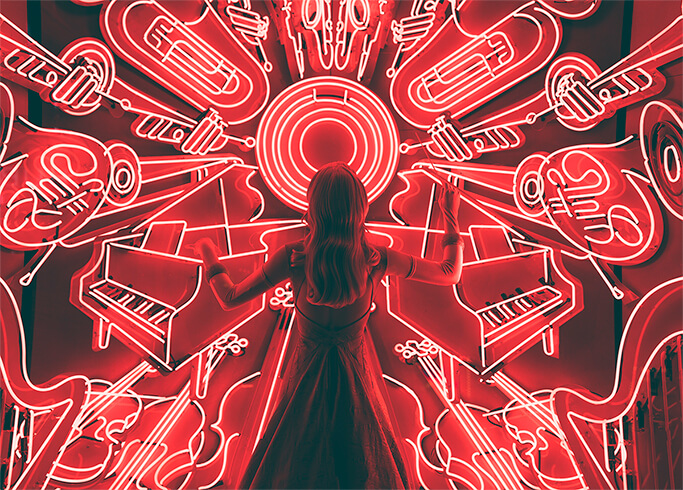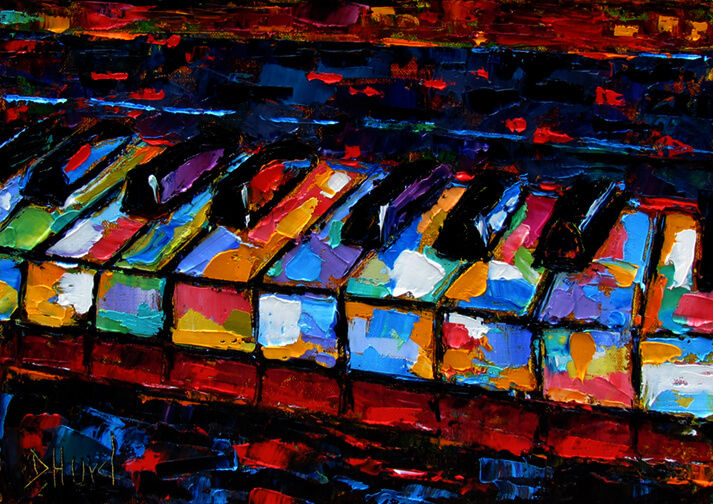Considering musics from a variety of traditions, our symposium, entitled “Music Performance Studies Today,” aims to bring visibility to the field of music performance studies and generate scholarly momentum in its realm at UCLA. To stimulate productive conversations, the symposium draws together researchers working diversely with and on praxis- and theoretically-based modes of investigation. The UCLA Herb Alpert School of Music is perfectly positioned to become the epicenter of Music Performance Studies in the Western Hemisphere given its renowned departments and subdivisions of Musicology, Ethnomusicology, Composition, Music Education, Global Jazz Studies, Music Industry, Music Performance, and newly minted Music Performance Studies. Scholars and artists working in these areas have much to learn from one another; conversation between them is vital to the development of core methodologies and dynamic approaches to innovative research.
Presented by the UCLA Center for Musical Humanities and the UCLA Music Library, in collaboration with co-organizers Pheaross Graham (UCLA) and Farrah O’Shea (UCLA).



